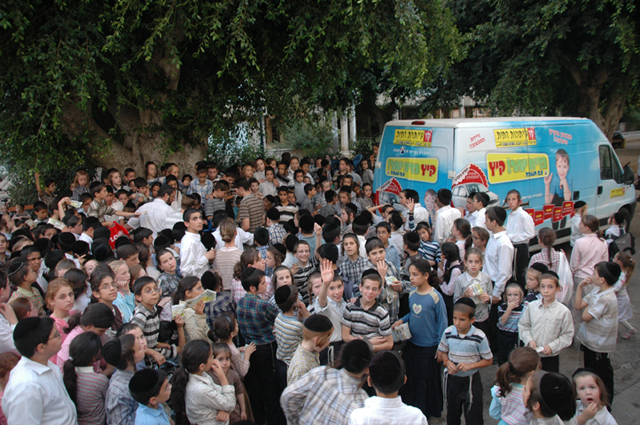Unfortunately schools are always the target for social policy. One of the places, where this was observable in horrible detail, was in apartheid South Africa. One had white only schools, coloured only schools, black only schools and Indian origin schools.
It's this last one which caused me to take a deeper look at a paper which crossed my in box. The paper is by Anthony Lemon, and is titled "Indian identities in the 'rainbow nation': Responses to transformation in South African schools".
But how did these Indian schools fare after apartheid ended?
I am not sure if there are any definite conclusions, but I am just going to comment on certain noteworthy observations that the author made.
- During apartheid, despite being segregated and having lower amounts of comparative funding, Indian schools did equal to the white schools, both in terms of enrolment as well as educational attainment. Now that I found to be quite interesting and the author points to the unholy drive that Indian parents have towards educating their children as the reason behind this performance.
- But post apartheid, when just looking at 5 schools in a tiny corner of South Africa, some very interesting aspects come up. The first is that while the teachers, staff and governing bodies want to open up their schools to more black students, the parents usually are not that interested. Apparently the prevailing view is, once you let lots of blacks into a school, Indians are less keen to go to that school. Seems like the governing body, teachers and staff are more liberal and inclusive compared to the normal parents.
- Second, while almost no white students would go to an Indian school, some Indian students will go to a white school. But this is either statistically insignificant or because the parents live next to a white school and not because of an explicit desire. Also, most Indian schools are equal if not better than white schools.
- On the other hand, black students will commute very long distances to get to Indian schools which are considered to be much better than black schools. In many cases, the travel costs are greater than the school fees, which is very thought-provoking indeed.
- In many schools with an Indian majority before but now having an African majority, the teachers and staff are still predominantly Indian, mainly because African teachers are very difficult to get, recruit and retain. But this is not as simple as it seems, as staff and teachers seem to be associated with their apartheid era racial attributes. So white teachers go to white schools, Indian teachers go to Indian schools, and so on and so forth.
- But curiously, a pattern which seems to emerge is that Black teachers do not like to go the extra mile which Indian staff and teachers are famous for. For example, in a school, the principal is in school every day of the year, including weekends. Apparently this over the top dedication to teaching is not seen in Black teachers and thus they do not seem to last long in Indian schools.
- Curiously, while Indian parents would be very heavily involved in the schools and with their children's education, that pattern does not seem to show up in black parents, because of poverty, long commute distance or other reasons.
- But given that a huge amount of school funding comes from the parents, a paradoxical downside of opening up the Indian schools to Black students means a very big drop of school income. Given the current economic climate, this is hurting the Indian schools badly in terms of infrastructure development.
- The United Kingdom seems to be siphoning out good teachers relating to physical sciences, biology, maths, speech and drama, languages and life orientation. They seem to be heading off for a better life and salaries.
Now this is what I found interesting and I quote the last line "Desegregation of former Indian schools, if sensitively managed, can make a significant contribution to that identity (Indian Identity within a rainbow nation) by gradually increasing understanding and acceptance of Indians by the black African majority".
So if I read this right, Indians are not accepted or understood well by black Africans and the feeling seems to be reciprocated solidly as shown by the school choices (albeit in a small sample). Racism seems to still be alive and kicking in a very saddening level in South Africa. But would it mean a race to the bottom in terms of inclusiveness or a race to the top in terms of merit? My sad prediction is the former, the balance of probability, looking at how public policy has been executed usually in that neck of the woods, usually means that when it comes to merit versus skin colour, the latter wins.







